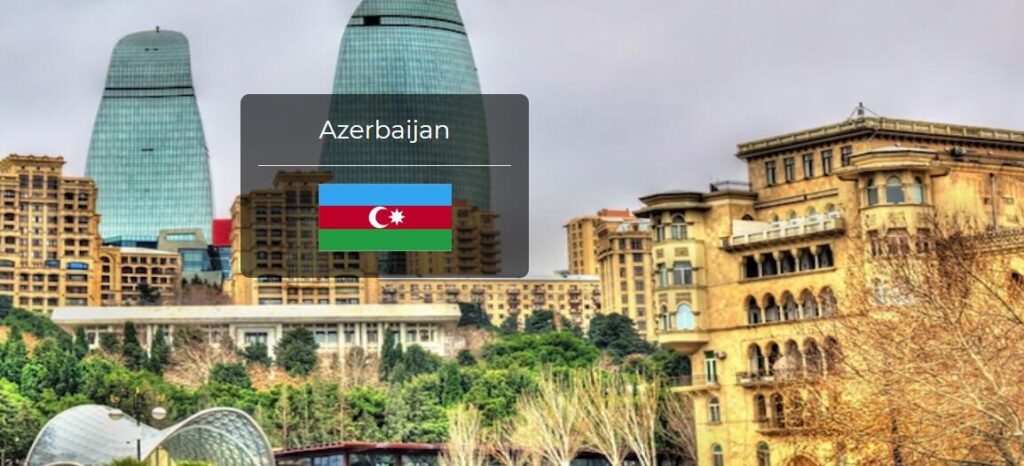Training
During the Soviet period, the education system was heavily influenced by the then regime. Textbooks were written in Moscow, and then translated. After the disintegration of the Soviet Union in the early 1990s, work began on adapting the education system to domestic conditions and preserving the tradition from the time before the establishment of the Soviet Union, when Azerbaijan was a Muslim educational institution.
In the early 1990s, the education system consisted of a compulsory and free primary school, subsequent secondary school and higher education institutions. About 1,400,000 students went on to secondary school, which also included specialized vocational schools with about 70,000 active students. In higher education there were 17 institutions, including the University of Baku (founded in 1919). There was also a special university for oil engineers.
The European Melodiesrand Prize was held in May 2012 in the capital Bakú, after Azerbadjan had won the year before. Local attempts at protests were crushed. There were only a few and occasional international boycott proposals. The EU and the US only criticize the regime sporadically for its human rights abuses. Azerbadjan is a major oil producer and strategic ally in Central Asia.
During a 2012 state visit to Hungary, President Aliyev succeeded in persuading the Hungarian government to transfer the convicted Azerbaijani murderer Major Ramil Safarov to Azaebadjan, where he would then be served the rest of his sentence. Safarov had previously participated in a NATO-sponsored English course in Hungary, where he had murdered another participant, Gurgen Margaryan of Armenia, one night. Safarov was subsequently sentenced to life imprisonment. Back in Bakú, however, Safarov was not jailed, but instead received a heroic reception, promoted to major, given an apartment and eight years’ salary – for the period he had spent in prison in Hungary. President Aliyev has repeatedly described Armenians throughout the world as enemies of Azerbaijan and threatened to occupy Nagorno-Karabakh with military force.
Also in 2012, the Project for Organized Crime Reporting and Corruption appointed Aliyev as Man of the Year. Not as the least, but as the most corrupt. It was well documented that the Aliyev family secretly held large holdings in the country’s companies such as banks, contractors, gold mines and telecommunications companies. Aliyev’s 2 daughters own properties in Dubai, Paris and London for more than $ 50 million. £.
In October 2013, Aliyev was elected president for a third term. In this election, however, he had to settle for 84.5% of the vote. A decline of more than 2% compared to 2008. The opposition demonstrated against the extensive electoral fraud. Interestingly, however, 2 different European observer missions came with conflicting assessments of the election. The Council of Europe had a delegation in the country, which began its visit just 4 days before election day itself. It came with an opinion endorsed by the European Parliament: “In general, around the election day we have been able to observe a free, fair and transparent election process”. In contrast, the OSCE delegation consisted of 13 international election experts based in Bakú and 30 observers who were in the country for several weeks. The OSCE’s conclusion was: The election was’ undermined by restrictions on freedom of expression and assembly, which prevented the candidates from being on an equal footing ». The mission leader stated that “the observers received reports of intimidation and even witnessed physical attacks on journalists in the days leading up to the election, which were generally marked by many shortcomings”.
